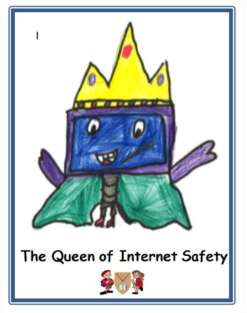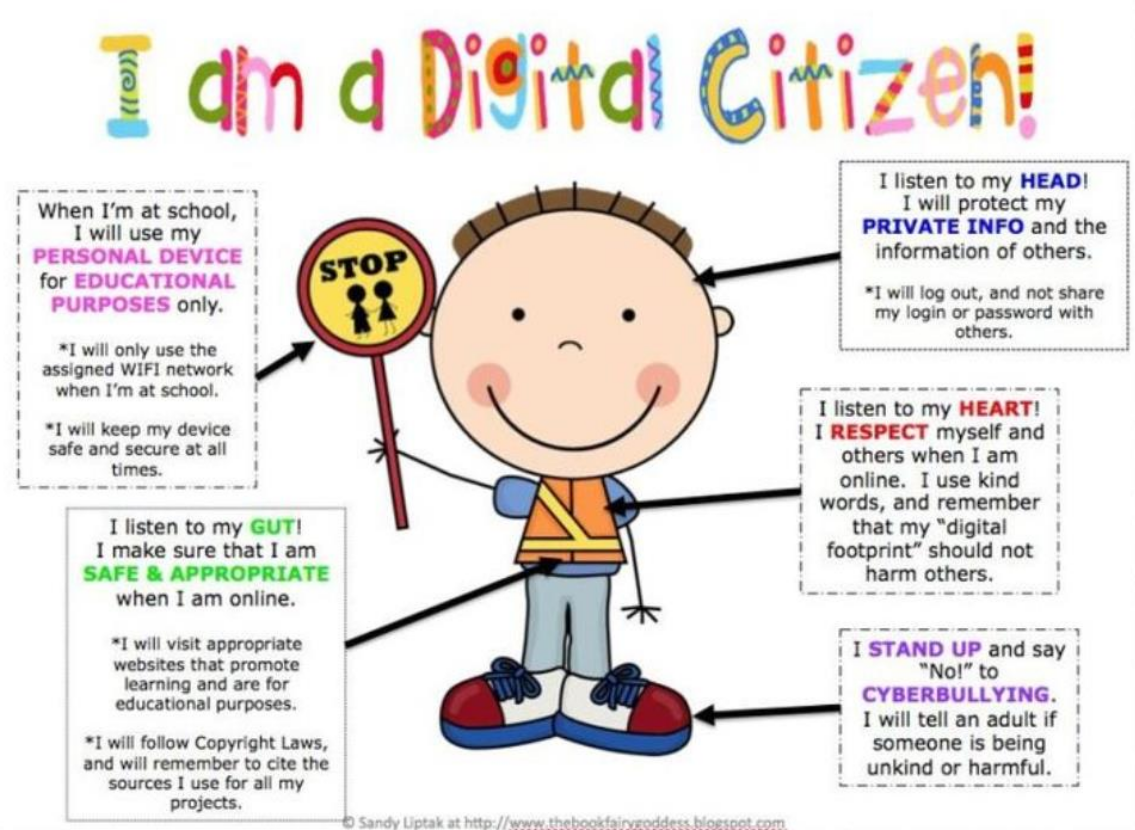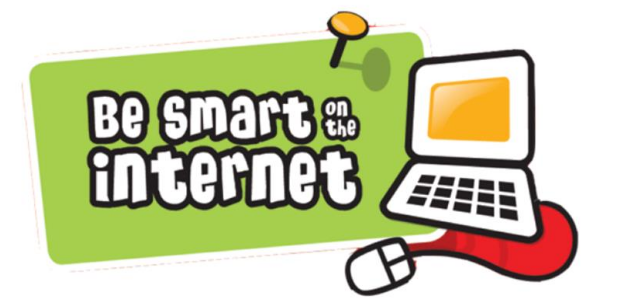Article 16 – I have the right to privacy
Children and young people have a right to privacy, just like adults do. This includes a right to privacy online.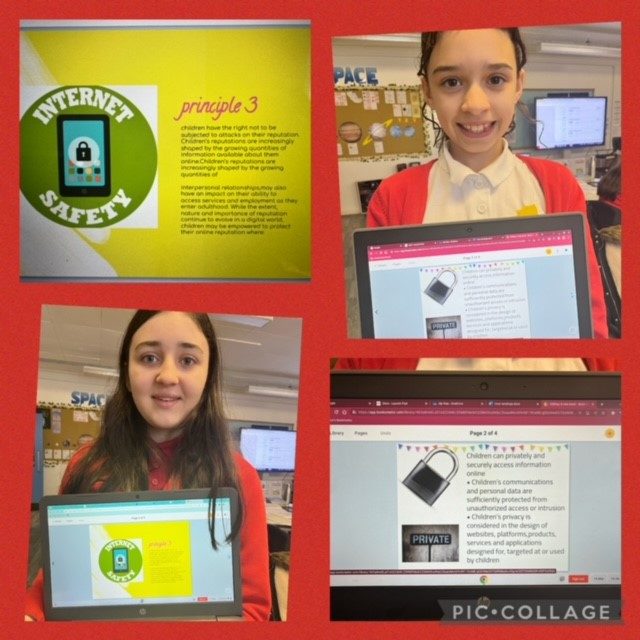
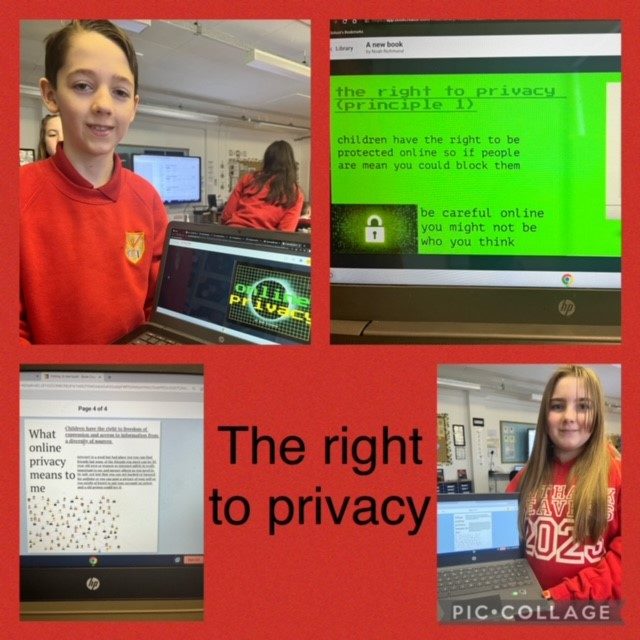

In the digital world that we now live in it’s imperative that you understand who you are talking to and know that what you are doing when connected to the internet is safe. Below are some terms, explanations and links to information on what to look out for on the World Wide Web.
Internet Safety
Internet Safety is the knowledge of maximizing the user’s personal safety and security risks on private information and property associated with using the internet.
Cyber Resilience
Cyber resilience is for individuals or organisations to be able to prepare for, withstand, rapidly recover and learn from deliberate attacks or accidental events in the online world it also means developing understanding of issues like
- Passwords
- How we communicate
- Phishing
- Identity theft
- Digital Footprint
- Digital Citizenship
- Copyright
What do you need to know to be cyber resilient?
- Make sure your passwords are complex. Avoid dictionary words, use a mixture of upper and lower case letters, special characters and numbers.
- Make sure your passwords are long. A password made of 8 random upper case letters (with no dictionary words) can be hacked in a matter of days. But if you add just 2 extra characters, to make it 10 characters long, it will be 676 times harder to crack, taking a computer programme years instead of days to solve. Check your password strength here.
- Avoid re-using the same password for different accounts or devices.
- Always install updates. You should always try to install updates as soon as they are available for any of your devices, apps or programmes.
- Don’t send money or give out personal information in response to an unexpected request.
- Be careful when using public Wi-Fi and shared computers. Avoid connecting to unsecured public Wi-Fi networks. If you do use Wi-Fi on a shared network, avoid logging into emails/online banking etc.
CRIS Mascot
